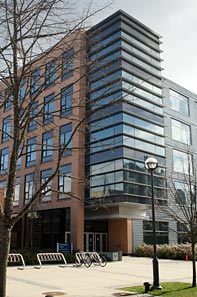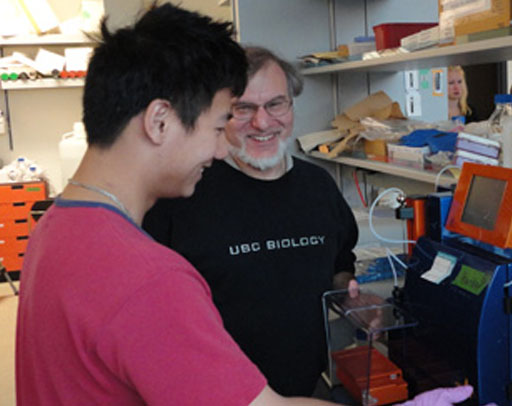The common thread linking all of the group members is investigation of how bacteria adapt and respond to their environments. The environments studied are diverse, including such different examples as the human host for pathogenic bacteria and soil environments.
Support the BARN Research Group
The goal of the LSI is to generate and sustain innovative, interdisciplinary research dedicated to discovering fundamental biological processes of life, advancing our understanding of disease processes and developing potential therapeutics.
Gifts from friends, alumni and other community members enable the University of British Columbia to carry out many outstanding research projects.
















